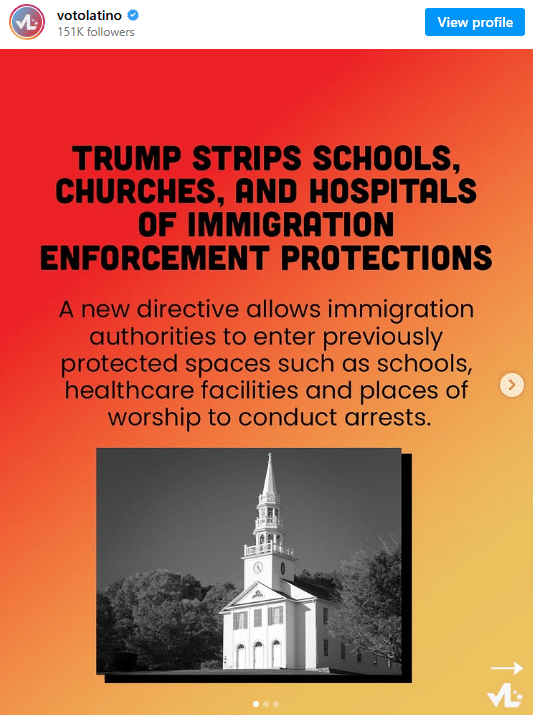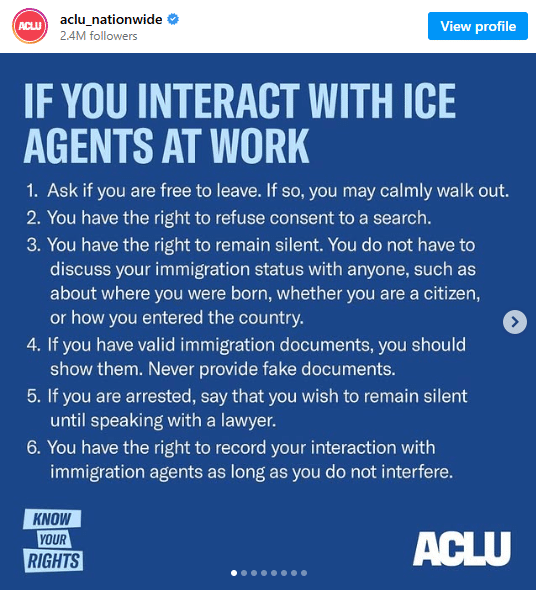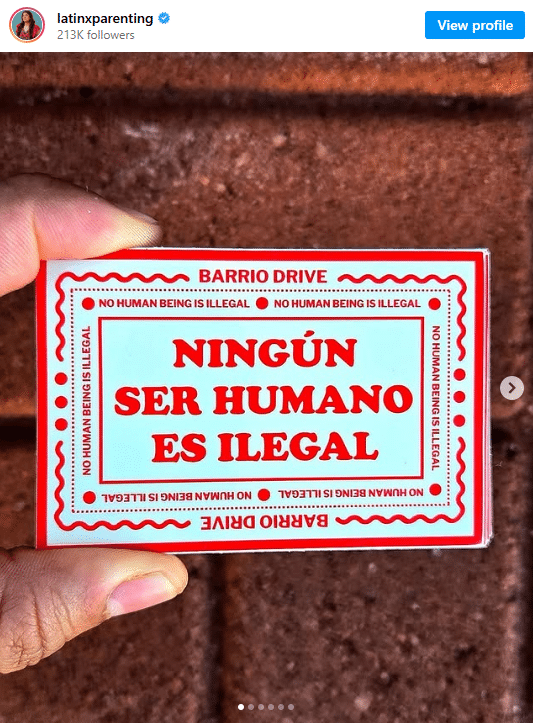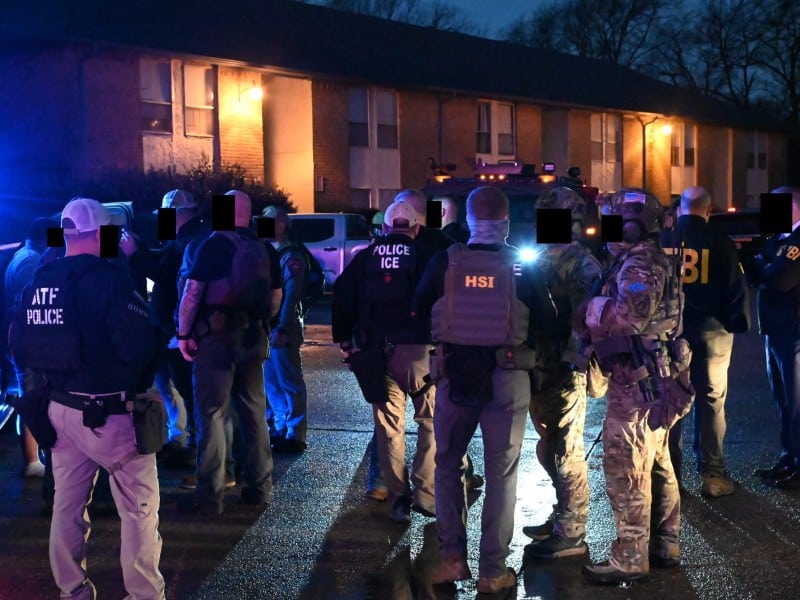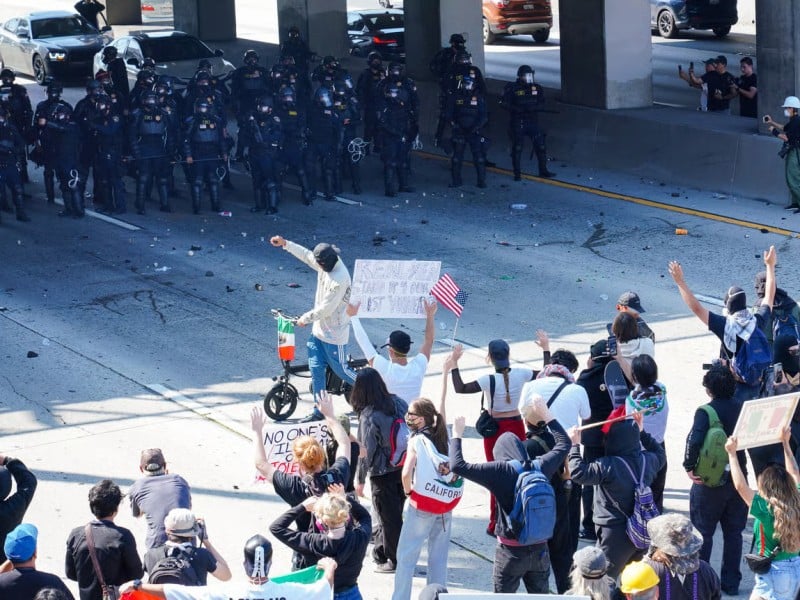Executive Orders Explained: Untangling the Web of Immigration Chaos
Immigration policies are shifting fast under Donald Trump’s second term. Learn what orders are actually happening, what orders are just a PR show, and how to prepare for potential encounters with immigration officials.

In his first days as President, Donald Trump’s administration has already implemented significant changes to U.S. immigration policies, with heightened enforcement activities creating uncertainty for immigrant communities across the nation. The administration has indicated plans for increased immigration raids and a tougher stance on undocumented immigrants, focusing on sanctuary cities and areas historically protected from enforcement actions.
Trump’s Policy Changes and Enforcement Priorities
Since taking office on January 20, 2025, President Trump has signed several executive orders aimed at intensifying immigration enforcement. Key changes include rescinding policies that restricted Immigration and Customs Enforcement (ICE) operations near sensitive locations such as schools, hospitals, and houses of worship. ICE agents now have greater freedom to conduct enforcement actions in these areas.
Additionally, Trump has issued an executive order attempting to end birthright citizenship for children born to non-citizens and non-permanent residents in the United States, effective February 19, 2025 (though legal experts have said that the President does not have the authority to amend the constitution by executive order). Expedited removal procedures, previously limited to those apprehended within 100 miles of U.S. borders, have been expanded nationwide. This order expands fast-track deportations nationwide and applies to immigrants who can’t prove two years of continuous U.S. residence, allowing ICE to deport more people without hearings.
The administration has also reinstated the “Remain in Mexico” policy, requiring asylum seekers to wait in Mexico while their cases are processed in the United States. This policy has drawn criticism from immigrant rights advocates and created logistical challenges for migrants seeking safety.
Although large-scale raids have not yet occurred, officials have indicated plans to target major metropolitan areas, including Los Angeles, Chicago, New York, Denver, and Washington, D.C. These operations are expected to include workplace raids and targeted enforcement actions in sanctuary jurisdictions.
Some small-scale raids have already taken place. From January 9 to January 11, 2025, Border Patrol agents conducted a series of raids in Kern County, California, near Bakersfield. This operation, dubbed “Operation Return to Sender,” resulted in 78 arrests of undocumented individuals, some with prior criminal records. The United Farm Workers union estimates the actual number of arrests may be closer to 200.
ICE teams have also been conducting routine enforcement operations across the country, arresting individuals deemed threats to public safety and national security. Under the new administration’s policies, ICE agents now have greater discretion in their actions, including the ability to make “collateral arrests” of undocumented individuals encountered during operations who may not have been the primary targets.
The new policies have significantly heightened fear and uncertainty among immigrant communities. Families are questioning whether it’s safe to send children to school, seek medical care, or access other essential services. The prospect of increased enforcement actions has prompted many immigrants to avoid public spaces, limit their travel, and take precautions to minimize interactions with authorities.
What to Do if Approached by Immigration Officials
Immigrants, regardless of status, have certain constitutional rights that they can exercise when interacting with law enforcement, including ICE agents. Legal experts have circulated guidance:
- Remain Calm and Silent
Immigrants have the right to remain silent and should avoid answering questions about their immigration status. Running or resisting could escalate the situation.
- Refuse Searches Without a Warrant
Immigration officials cannot enter homes or search personal property without a valid judicial warrant. Immigrants should request to see the warrant before complying.
- Avoid Signing Documents
Do not sign any paperwork without consulting a lawyer. Documents may waive important rights or lead to expedited deportation.
- Ask to Speak to an Attorney
Immigrants have the right to legal representation, even if they cannot afford an attorney. They should explicitly request a lawyer during interactions with authorities.
- Document the Encounter
If possible, take note of badge numbers, names, and details of the interaction.
If ICE agents arrive at a home, residents aren’t required to open the door unless agents present a valid warrant. It’s advisable to ask officials to slide the warrant under the door to verify its legitimacy. If agents enter without permission, residents should state clearly that they don’t consent to the search.
Immigrants working in the United States, including undocumented workers, have rights that protect them from discrimination and exploitation. They’re entitled to minimum wage, overtime pay, and workplace safety protections. During workplace raids, employees should avoid signing documents or providing statements without legal counsel.
Several organizations provide resources and assistance to immigrants navigating these challenges. These include the National Immigration Law Center, the American Civil Liberties Union, and local immigrant rights groups. Many organizations distribute “Know Your Rights” cards that immigrants can carry to help assert their rights during encounters with law enforcement.
How to Prepare for Potential Raids
To prepare for potential enforcement actions, immigration advocates encourage the development of a family preparedness plan, which includes:
- Memorizing important phone numbers. Including those of trusted family or friends, and immigration lawyers or legal aid organizations.
- Keeping essential documents, such as birth certificates, passports, visas, financial documents, and medical records, in a secure and accessible location. It’s also recommended to create copies and store them with a trusted person or digitally.
- Designating a trusted individual to care for children in case of detention.
For those with children, they recommend:
- Designate a trusted individual with legal status who can care for your children in case of detention.
- Establish a power of attorney that authorizes the caregiver to make decisions on your behalf.
- Prepare an emergency contact card for your children with names, addresses, and phone numbers of trusted adults.
While legal experts and advocates circulate guidance, it’s not legal advice and a qualified attorney should always be consulted in each individual’s circumstance.
The Trump administration’s recent policy changes have created a complex and uncertain environment for immigrants in the United States. Immigrants and undocumented people can protect themselves by understanding their rights, staying informed through trusted sources, and seeking legal assistance when needed.
These leading organizations are reliable places to start when seeking information and legal resources:
- American Immigration Lawyers Association (AILA)
- Immigrant Legal Resource Center (ILRC)
- National Immigration Law Center (NILC)
- United We Dream
- National Immigrant Justice Center (NIJC)
- Immigrant Defense Project
- National Immigration Forum
- Immigration Advocates Network (IAN)
- U.S. Committee for Refugees and Immigrants (USCRI)
- Mexican American Legal Defense and Educational Fund (MALDEF)
- The Hispanic Federation
- League of United Latin American Citizens (LULAC)
- Coalition for Humane Immigrant Rights (CHIRLA)
- American Civil Liberties Union (ACLU)

